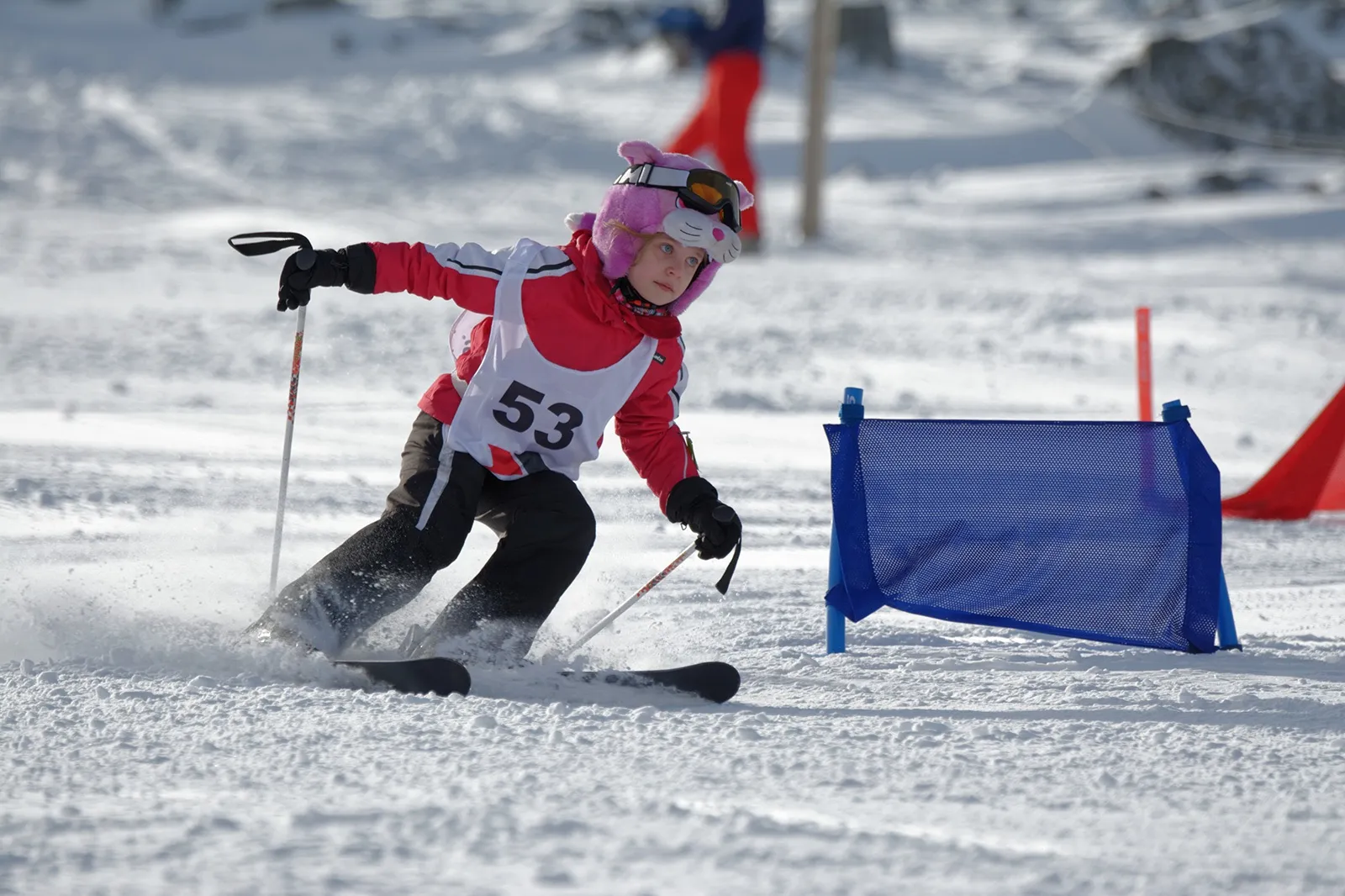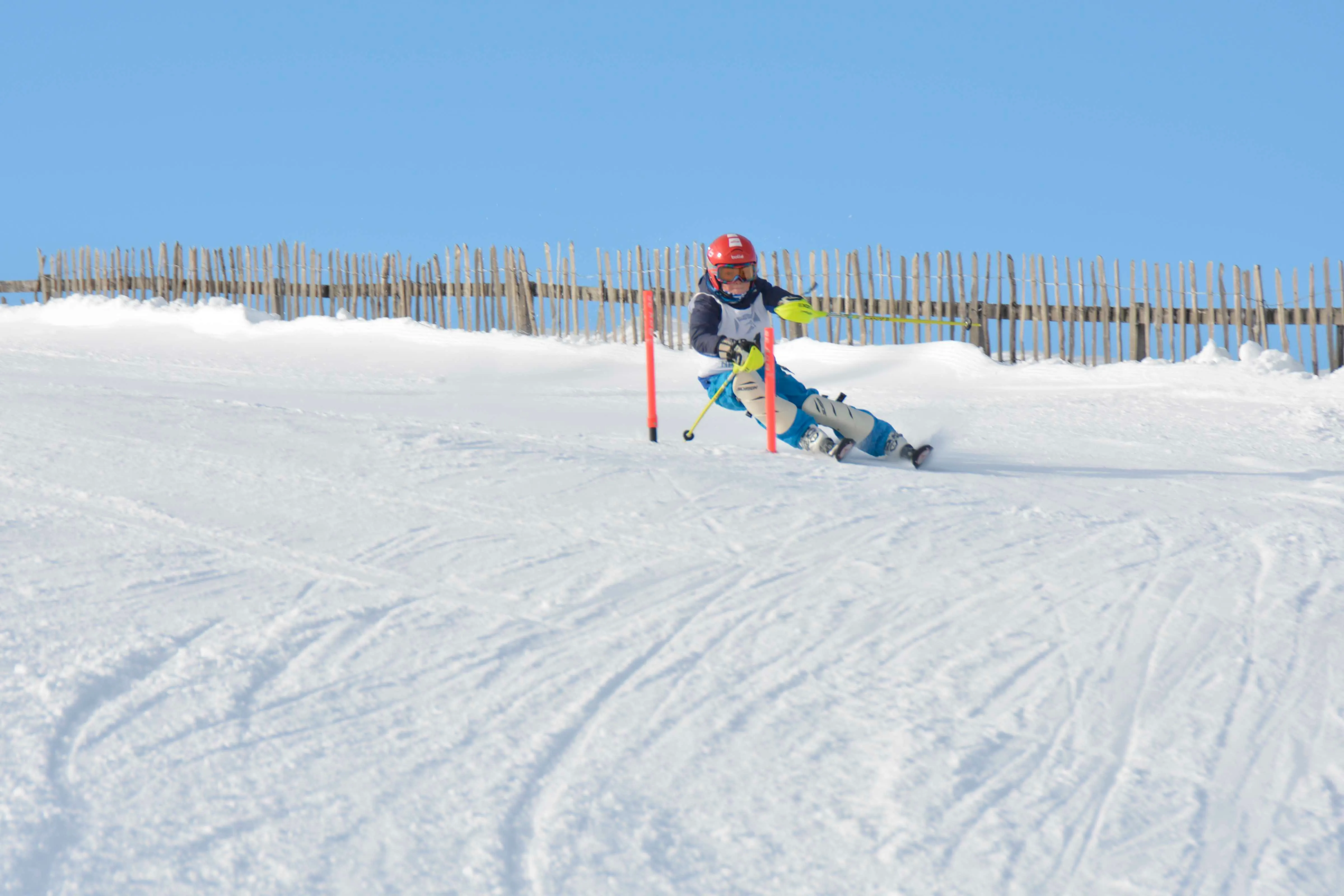

Interview: How the SSSA Are Bringing Snowsports to Scottish Schools
This season the SIGB awarded a £5K grant to the Scottish Schools Snowsport Association (SSSA), who have been working hard to provide snowsport opportunities for young people across Scotland at an affordable price. We caught up with James Paxton, SSSA Events Manager, to find out more about how the organisation is making snowsports more accessible, how they’re adapting to increasingly unpredictable snow conditions, and why inclusive snow festivals are key to inspiring the next generation of skiers and snowboarders.
SIGB: Why and how did you first get involved with the SSSA?
James Paxton: I first got involved in 2015. I was keen to put my event management experience to good use and wanted to help create more opportunities for school pupils to experience the joy of snowsports. Supporting the SSSA seemed like the perfect way to do that.
SIGB: What’s your role there now and what does that involve?
JP: I'm currently the Events Manager for the SSSA. My role involves organising around 30 events each academic year across Scotland. This includes everything from logistics and coordination to liaising with venues and ensuring each event runs smoothly and safely for participants.
SIGB: When did the SSSA get started and what is the organisation’s main goal?
JP: The SSSA was established in 1971. Our core mission has always been to provide opportunities for school pupils to participate in snowsports, primarily through the delivery of inclusive, fun, and accessible competitive and non-competitive events.

SIGB: How has the SSSA evolved over the years?
JP: The organisation has grown tremendously—especially in the past 15 years. What began with just two alpine races at Hillend and the Lecht has expanded to over 30 events annually. We now operate across multiple disciplines and more than 15 venues, reaching around 3,000 pupils every year.
SIGB: What are the main challenges for the SSSA?
JP: Keeping participation costs low is one of our biggest ongoing challenges. With rising inflation and increasing transport costs for schools, it's critical that we maintain affordable entry fees. We also try to include uplift and equipment hire in our pricing wherever possible to reduce barriers to entry.
SIGB: Why are events like the Scottish Schools Snow Festivals so important to the SSSA’s mission?
JP: These festivals play a vital role in broadening participation. They’re designed to be inclusive and are priced accessibly, helping to attract newcomers to the sport. While our national championships draw highly skilled skiers and snowboarders, the festivals are where many pupils have their first experience of snowsports in a supportive, fun environment.

SIGB: How is the SSSA adapting to poor snow seasons while still growing participation?
JP: We always aim to schedule snow-based events to give pupils that unforgettable mountain experience whenever conditions allow. However, we’re also expanding our programme of events on artificial surfaces to guarantee delivery. This approach provides schools with more certainty and enables us to maintain consistent engagement regardless of snow conditions.
SIGB: How much does it cost for a pupil to take part, and how does the SSSA keep it affordable?
JP: Pupils can participate in our events for as little as £16, which includes a full day of activities, uplift, and ski hire. This is only achievable thanks to the generous support of partners like the SIGB, who help us cover essential costs and keep prices low for schools and families.
SIGB: How has the £5K grant from the SIGB supported the SSSA this season?
JP: The funding from SIGB has been invaluable. It has helped cover core delivery costs, including event officials, first aid provision, medals and trophies, and event insurance. This support has directly enabled us to keep our event fees affordable and accessible.
SIGB: Have schools reported any unexpected benefits from taking part in SSSA events?
JP: Absolutely. One of the key things schools highlight is the blend of individual and team participation.
Pupils can compete both individually and as part of a school team, which helps foster a real sense of camaraderie and school pride. Schools also value the chance to offer an alternative sport that resonates with pupils who may not feel at home in traditional team or ball sports. Snowsports often provide a space where these pupils can truly thrive.
SIGB: What does the future look like for the SSSA?
JP: The future is exciting. Participation numbers are rising, and we're constantly looking for ways to expand our reach. We're committed to developing even more inclusive, engaging, and sustainable opportunities for young people to get involved in snowsports.
You can find out more about the Scottish Schools Snowsport Association over on their website, or follow them on socials: @scotschoolski and Facebook